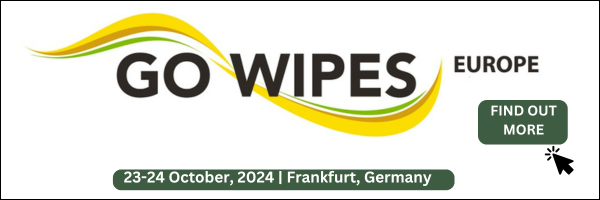Old bread may soon be used to make textiles. Scientist from the University of Borås are working in this direction and have already reported some success. The research involves growing filamentous fungi on bread waste in bioreactors, and then creating yarn and nonwoven textiles in two different processes. Protein form the filaments can be used as food.
“We have seen that much of the food waste from grocery stores is from bread and therefore we wanted to see how we could turn it into a new product,” says Akram Zamani, senior lecturer in Resource Recycling at the University of Borås, the scientist involved in the project.
In the research, filamentous fungi will be grown on bread waste in bioreactors, and will then be used in two different processes to create yarn and to produce nonwoven textiles. “When the bread has become a biomass of fungi, we remove the protein which in turn can be used as food or animal feed. We use the cell wall fibres that remain of the fungi partly to spin a yarn, and partly to create nonwoven fabrics,” Zamani says.
“We have done a large part of the cultivation already, and it has worked well, so now we are working on a wet spinning process to create yarn, and test different methods to improve the yarn’s properties,” she says.
It is hoped that the fungus will be able to be transformed and used for clothing, medical applications, or furniture textiles. During the first two years, the product will be made on a smaller scale, in order to be scaled up during the third and fourth years.
“There is no previous research on this; therefore it is difficult to know what to expect,” says Zamani and continues: “We get the bread from a local grocery store, and we are able to collect as much as we need, which gives us the opportunity to test different things and make sure it becomes a good product.”
In addition to researchers in resource recovery and textile technology at the University of Borås, KTH, RISE Innventia and Sahlgrenska University Hospital are also included in the project. The project is being financed by Vinnova and is over four years.

















